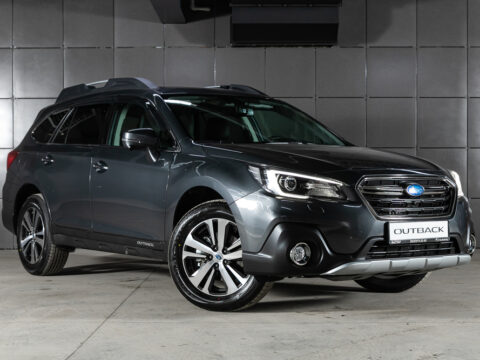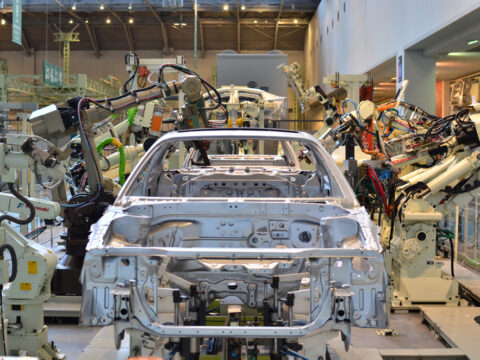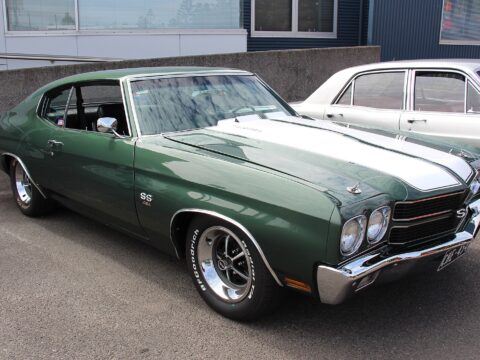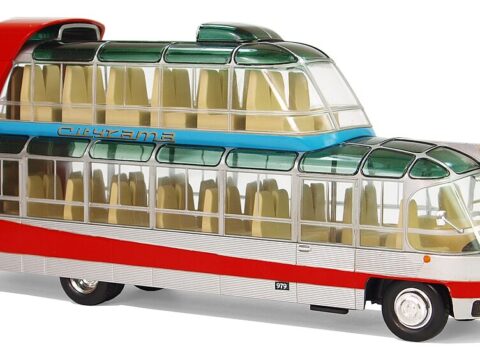When trading in your car, it’s essential to navigate the transaction with care to secure the best deal and avoid scams. This guide offers crucial tips to help you maximize your vehicle’s trade-in value and ensure a smooth and fair exchange process.
Contents
Avoid Emotional Decisions

Emotions can cloud your judgment when trading in a car, particularly if it’s a vehicle you’re attached to or if you feel pressured to quickly purchase a new one. Detaching emotionally allows you to focus on the financial aspects and ensure you are not accepting a lower trade-in value out of sentimentality or haste. Consider the transaction purely from a financial perspective to negotiate the best terms possible.
Get Everything in Writing

To avoid any future disputes or misunderstandings, make sure every detail of the trade-in agreement is documented. This includes the agreed trade-in value, any conditions of the sale, and details of the new vehicle you are purchasing. Written agreements are legally binding and serve as proof of the terms, safeguarding your interests throughout the transaction.
Know Your Car’s Value
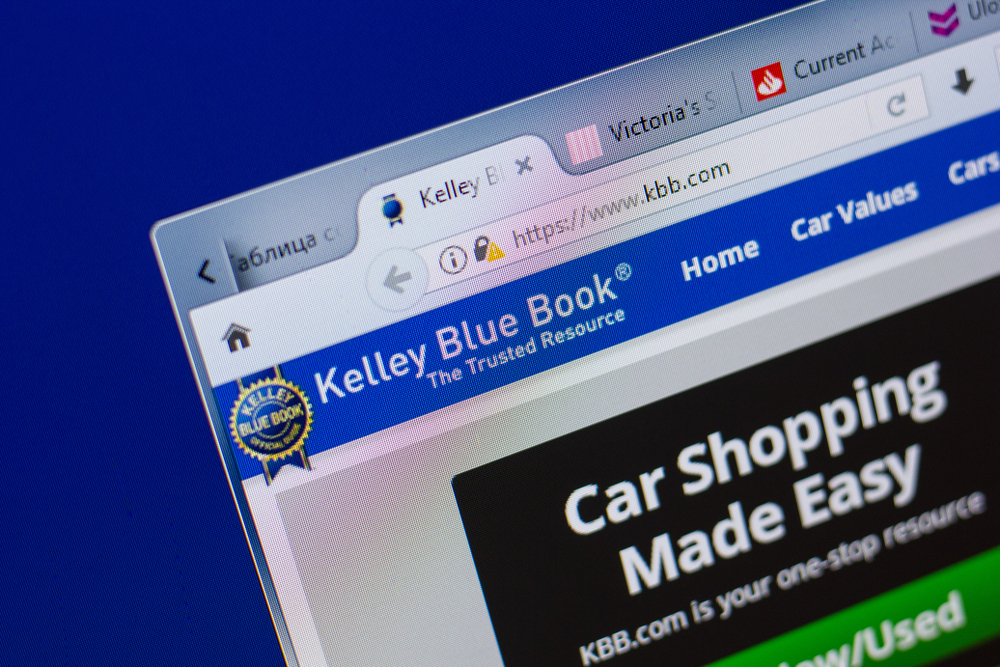
Before approaching a dealership, arm yourself with knowledge about your car’s market value. Use reliable automotive valuation tools like Kelley Blue Book, Edmunds, or NADA Guides to understand what your car is worth based on its make, model, year, mileage, and condition. This information empowers you to negotiate confidently and recognize whether a dealership’s offer is fair.
Research Dealerships

Take the time to research the dealerships’ reputations before engaging with them. Check online reviews, ratings, and consumer feedback on platforms like Google, Yelp, or the Better Business Bureau. A dealership with a solid reputation is more likely to provide a fair and straightforward trade-in process.
Clean and Detail Your Car
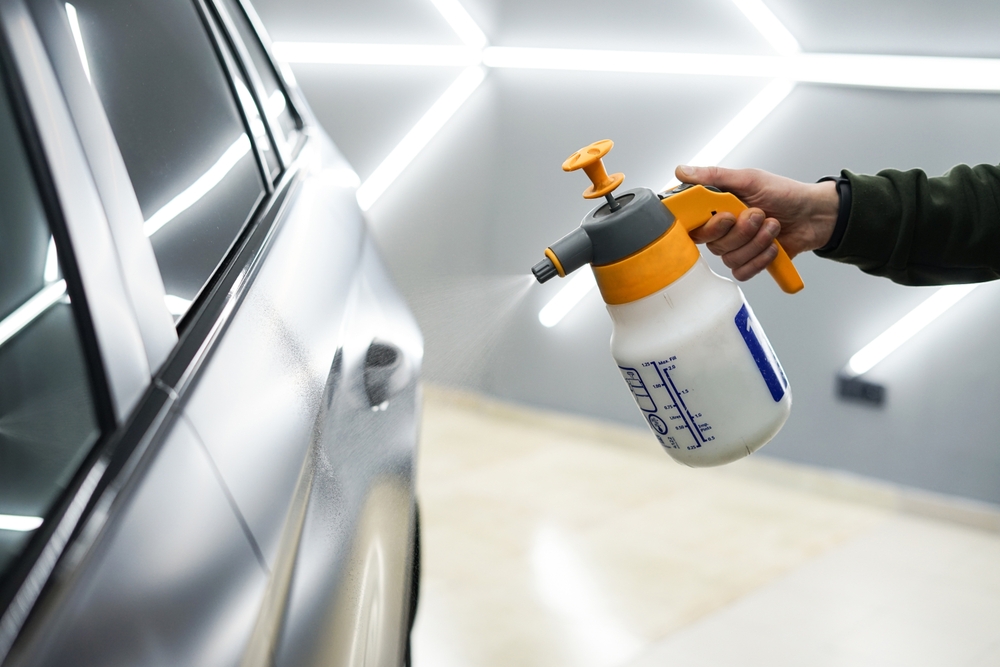
First impressions are crucial. A car that looks clean and well-maintained is more likely to fetch a higher trade-in value. Invest in professional detailing or at least a thorough clean-up, which includes vacuuming interiors, washing exteriors, and polishing surfaces. This small investment can significantly enhance the perceived value of your car.
Be Aware of Scams

Educate yourself about common trade-in scams such as the “bait and switch,” where a dealer initially offers a high trade-in price to lure you in but later finds excuses to lower the offer. By recognizing these tactics, you can steer clear of dealers who use them and insist on fair treatment.
Taking Your Time and Shop Around

Never rush into the first trade-in offer. Explore different dealerships and see what they offer for your car. This gives you a better idea of your car’s true value and provides leverage in negotiations, as you can reference higher offers received elsewhere.
Fix Minor Issues
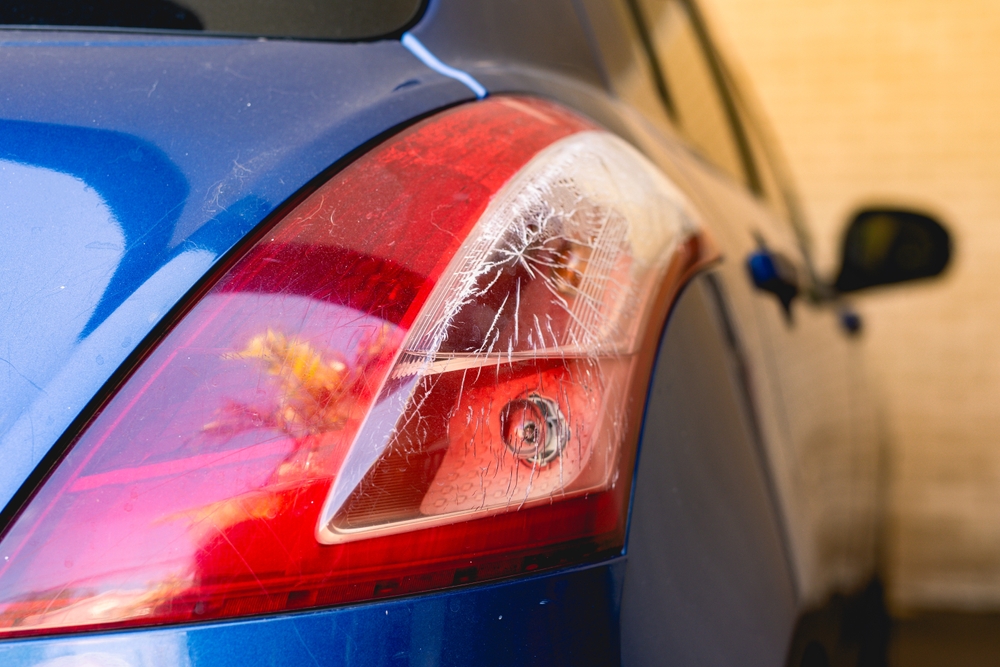
Small problems like scratches, dents, or a broken light can disproportionately decrease your car’s trade-in value. Before trading in, consider fixing these issues. While there is a cost involved, the increase in trade-in value often outweighs the repair costs, making your car more appealing to buyers.
Consider Selling Privately

Sometimes, the private sale of a vehicle can result in a higher final price than a trade-in. Evaluate the potential benefits of selling your car yourself through platforms like Craigslist, eBay Motors, or Facebook Marketplace. This process might take longer, but the financial return could be significantly better.
Negotiate Separately
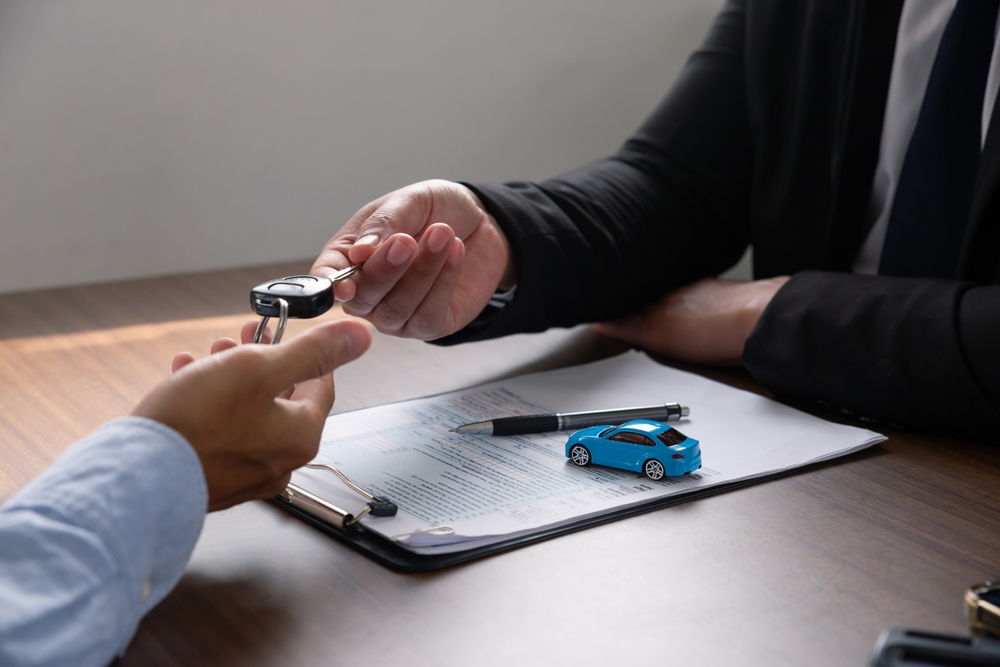
When trading in a vehicle, always negotiate the trade-in value independently of the new car purchase price. Combining these negotiations can lead to confusion and unfavorable financial arrangements. By keeping them separate, you ensure transparency and better control over each part of the deal, potentially saving money.
Bring a Friend

Bringing a friend or a family member who might have more experience with car dealings or simply as a second set of eyes can be immensely helpful. They can provide a different perspective and help you stay grounded in negotiations. Additionally, having someone else there can discourage dealers from employing high-pressure sales tactics or complicated financing options that might not be in your best interest.
Check for Promotions

Dealerships often run promotions that can add extra value to your trade-in, such as a trade-in bonus or additional incentives towards the purchase of a new car. Keeping an eye on local dealership promotions or asking about current offers can lead to a better overall deal. Make sure to understand the terms of these promotions fully to ensure they genuinely benefit your situation.
Be Honest About Your Car’s Condition

While it’s tempting to downplay the flaws of your car when trading it in, honesty is generally the best policy. Dealers will thoroughly inspect your car, and any undisclosed issues can erode trust and impact the offer. A straightforward approach to your car’s condition can foster a better relationship with the dealer, possibly leading to a fairer deal.
Understand the Tax Benefits

When you trade in a car and purchase another from the same dealer, many states allow you to pay sales tax only on the difference between the trade-in value and the price of the new car. Understanding how these tax benefits work in your area can save you money and should be considered when calculating the total cost of buying a new car.
Beware of ‘Upside Down’ Trade-Ins

If you owe more on your vehicle than it is worth (also known as being “upside down” on your loan), be cautious about trade-in offers where the dealer proposes to roll your existing debt into the new car’s loan. This can lead to a cycle of increased debt and potentially higher interest rates, making financial matters worse in the long run.
This article originally appeared on MyCarMakesNoise.
More from MyCarMakesNoise
15 Car Features That Annoy Drivers the Most
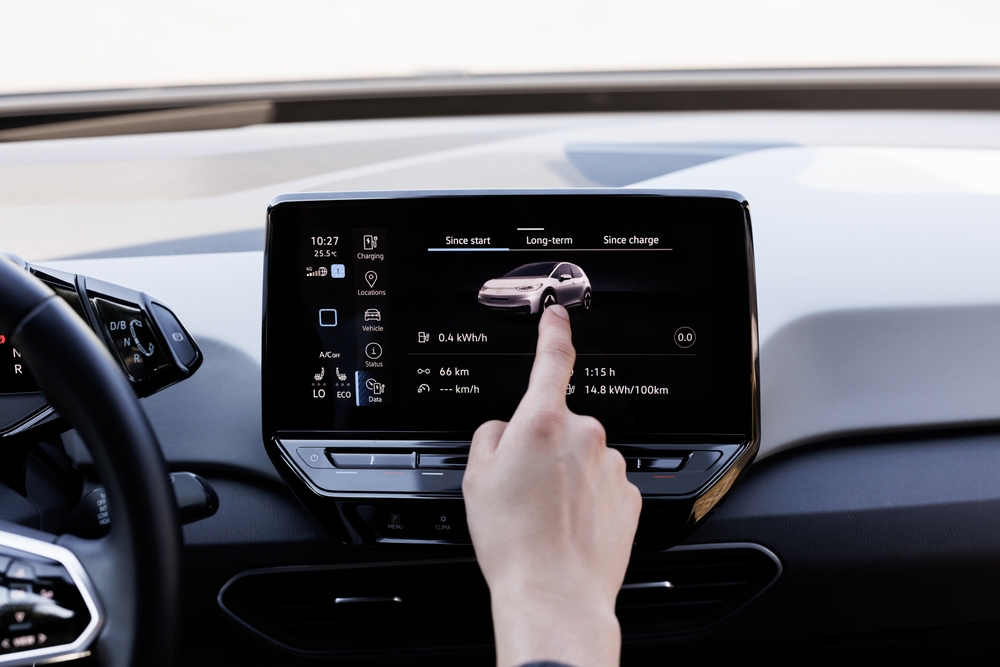
We’ve all experienced that moment when a seemingly minor car feature becomes a major annoyance during our daily drives. From touchscreens that refuse to cooperate to alarms that just won’t quit, certain car features can turn a smooth ride into a frustrating ordeal. Read More.
The World’s 20 Most Advanced Public Transit Systems

Public transportation is evolving rapidly, with cities worldwide embracing advanced technologies to make commuting faster, safer, and more efficient. From high-speed trains to autonomous buses, these innovations are transforming how we travel. Read More.
25 German Sports Cars Known for Unmatched Reliability

When it comes to sports cars, Germany has a well-deserved reputation for engineering excellence and reliability. In this list, we’ve compiled 25 of the most reliable German sports cars that you can count on for thrilling performance without compromising on dependability. Read More.

